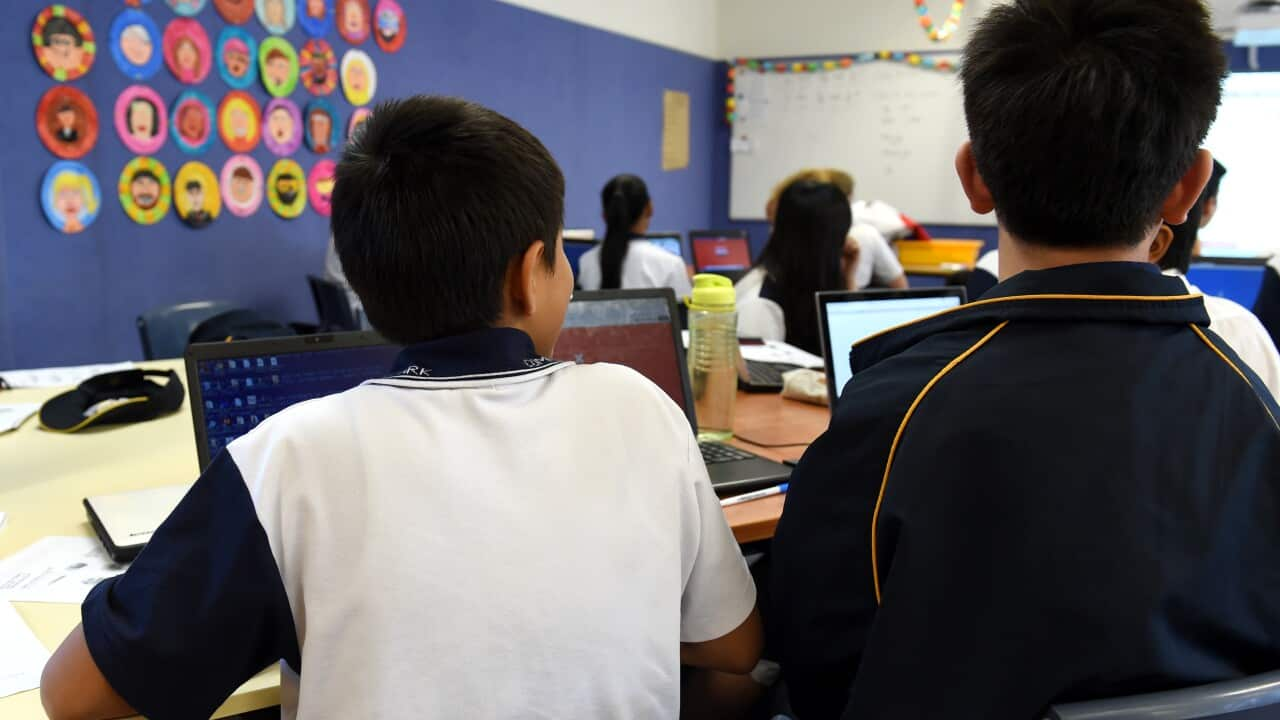Key Points
- Schools in Queensland will have the option to adopt flexible schedules, including four-day weeks and shorter days.
- The policy will come into effect for public primary and high schools in the state next year.
- The education minister has stressed the changes are not an automatic "green light" for shorter school weeks.
Four-day weeks and shorter days may be possible next year for Queensland students under an updated school policy.
But Education Minister Grace Grace says the expectation will be for state schools to continue to operate over a five-day week.
Public school principals around the state this week received a framework for changing their operating hours from 2024 under an updated "flexible learning" policy.
Not a 'green light' for four-day week
"It's an upgrade to the policy. It is definitely not a green light for a four-day week," she told reporters.
"In fact, schools are expected to operate over the five days per week."
Deputy Premier Steven Miles said the government still expected students to go to school full-time.
But Grace said four-day weeks were possible under the new policy, particularly in regional and remote areas.
She cited a school in the Darling Downs, west of Brisbane, as an effective use of the policy after being trialled in 2007.
The school is located in a rural community with only 12 students and has Monday off every fortnight.

Education Minister Grace Grace stressed that the changes were not a "green light for a four-day week". Source: AAP / Jono Searle
Under the new policy, reasons for schools making changes include teacher or resources availability, school community need or student and staff wellbeing and engagement.
Schools will need to trial proposed changes to schedule
Most Queensland state schools hold classes from 9am to 3pm Monday to Friday.
Grace said the new policy allowed schools to be more flexible with their operating hours.
The new process will be triggered if schools want to change their start or finishing times by more than 30 minutes.
Any proposed change must occur in consultation with the school community including parents, staff and students and be approved by a regional director.
"Changes can only occur where the school community determines it provides benefits for students and families," an Education Department statement said.
Any changes made must also meet curriculum requirements while not disadvantaging students. The Education Department must provide approval for any consultation or trial on schedule changes.
A principal or representative taskforce will then oversee a trial and the change must be evaluated before it can be fully implemented.
"They must have a representative taskforce in place to monitor and to see how it's going," Grace said.












